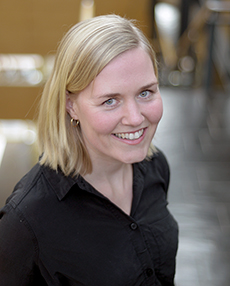About the project
To address this, the current project applies two methodological approaches:
- A longitudinal and observational examination of parent-child interactions. This part is based on a longitudinal observation study of parent-child interactions in a free play situation at child age 2 and 3 years from The Behavior Outlook Norwegian Developmental Study (BONDS) at The Norwegian Center for Child Behavioral Development (NUBU).
- A cross-contextual examination of teacher-child interactions, which is a study of teacher-child interactions in three different settings, collected for the purpose of learning more about how different environments might foster children`s language learning in the kindergarten years.
Supervisors
Main supervisor:
Imac Maria Zambrana, Associate Professor at the Department of Special Needs Education, University of Oslo
Co-supervisors:
Veslemøy Rydland, Professor at the Department of Education, University of Oslo
Meredith L. Rowe, Associate Professor of Education, Harvard Graduate School of Education

 Hanne Røe-Indregård, Doctoral Research Fellow
Hanne Røe-Indregård, Doctoral Research Fellow